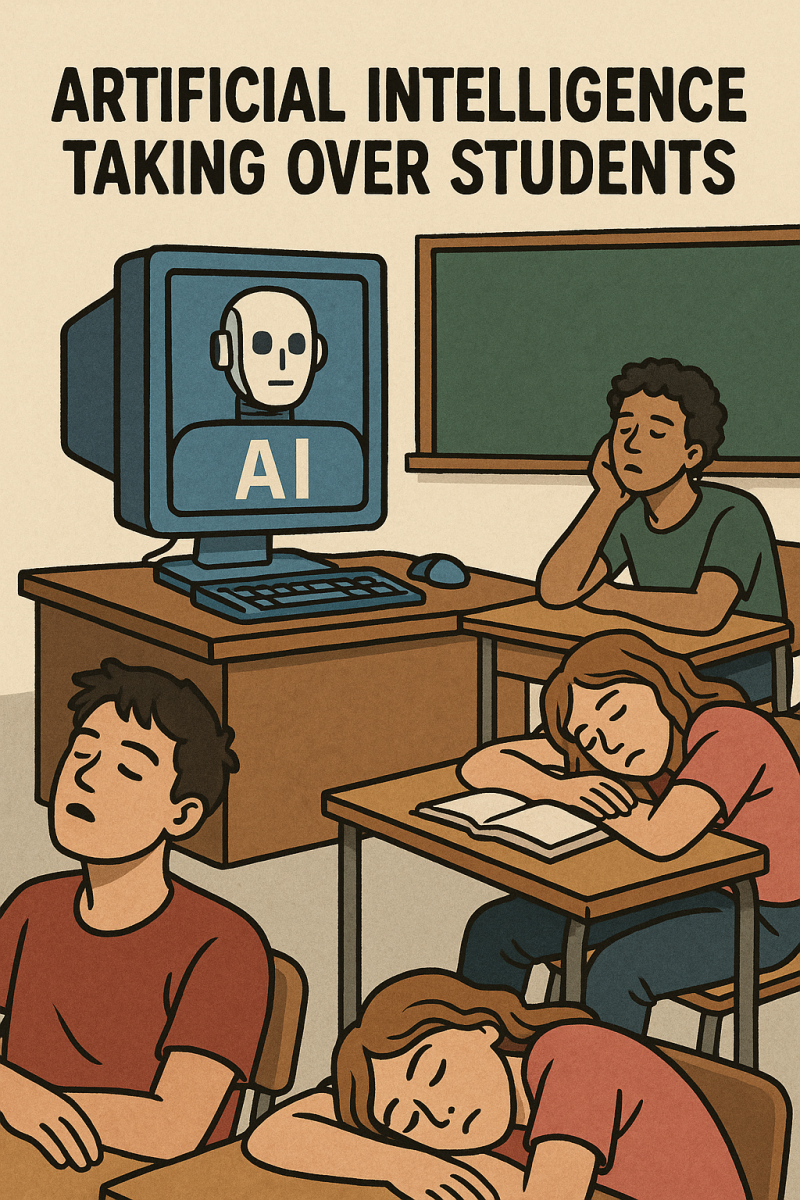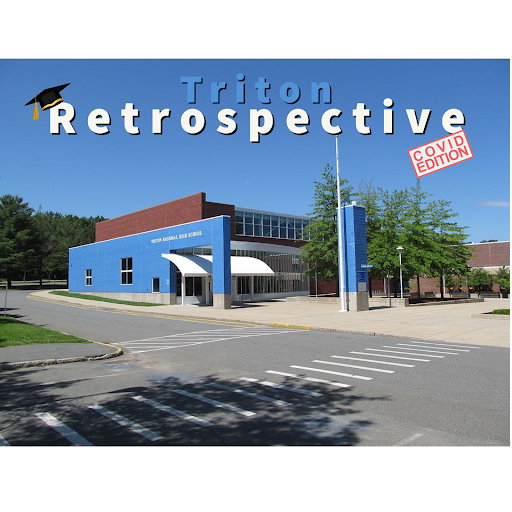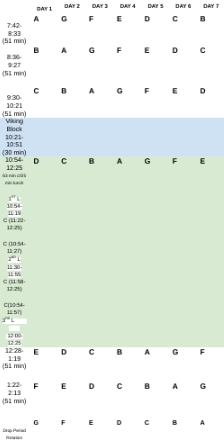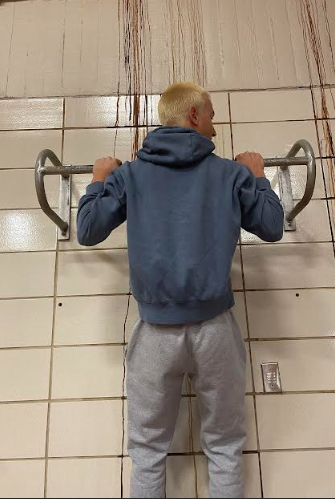Schools, places of learning and growth, are also spaces where the rights of young individuals are shaped and tested. One such right, the protection from unreasonable searches, has been stirring up a debate among students and administrators. Many schools argue that they need the ability to search students to ensure safety. However, critics question if this infringes on students’ rights to privacy. This debate brings us to an essential question: should schools have the right to search students without reasonable suspicion?
The bottom line is that schools should not have the right to search students without tangible evidence against them. Upholding this standard not only protects students’ rights but also promotes trust and respect within the educational environment. I’d like to further elucidate why the preservation of student rights is paramount in our schools.
In the article ” the right to search students” by Kate R. Ehlenberge, author of ascd.org (a global education organization) it states “The Fourth Amendment to the U.S. Constitution guarantees ‘the right of the people to be secure in their persons, houses, papers, and effects, against unreasonable searches and seizures.’” Before the year 1985, there was a lot of uncertainty about whether students in public schools were entitled to this right. Schools contended that while students were in school, administrators acted in loco parentis- serving as stand-ins for parents. This gives them the authority to set rules and discipline to make sure everyone’s learning in a good environment. Although this is reasonable, there should still be some boundaries within their right to do so.
In the fall of 2023, Triton administrators gathered up a handful of girls who had been present in the restroom when the vape detectors were set off and sent them to the auditorium. All girls had to part ways with their belongings such as their bags and phones. They were instructed to leave it all on the stage while each girl had to find a seat spaced from each other as they weren’t allowed to talk amongst each other. This was a very long process, as each individual had to be escorted to the office and wait to be searched by the principal. Not only were these girls feeling disturbed by the search itself, but due to the fact that they weren’t able to reach out to their caretakers, it felt like their privacy was being violated. It took about 2.5 to 3 hours of the day to wrap up the entire situation..
After analyzing another article on the website The Classroom, author Miranda Dexler writes in her article Reasons School Should Not Be Allowed to Search Backpacks & Lockers, “Treating students as sub-adults can be a factor in increasing alienation and detachment from a school’s surrounding. If students don’t feel they have a safe space at school, they have a lessened tendency to work hard, go to class, or even enter the building.”
I’m not arguing that nothing should have been done about this particular situation at Triton, but rather an action should have been taken that didn’t cause such a disruption to students’ academics and trust between them and administration. Many people believe that while it’s important to respect student’s privacy, the overriding concern is the safety of the entire school community. Administrators argue that random searches can serve as a powerful deterrent to students considering bringing harmful or illegal items to school. They see these searches as a reactive measure to prevent potential incidents by identifying threats before they escalate. Furthermore, supporters often point out that such searches can help identify students struggling with issues like substance abuse, allowing schools to intervene and provide necessary support.
Still, students shouldn’t be searched at school because it could infringe on their rights to privacy and personal dignity. Schools should foster trust and respect between students and staff. Instead of resorting to searches, schools could implement programs promoting responsibility and respect for school rules, which could potentially be more effective in the long run.
Schools could begin to teach classes focusing on school rules so students are able to understand the importance of them, not just the ‘do this, don’t do that’ aspect. This class could also correlate with a mentorship program where older students teach younger students about school policies. Another idea would be to implement a reward system where students get recognized for being responsible and respectful-preferably beginning with the younger crowd where many students in those age ranges like to feel recognized.
Overall, schools should respect students’ privacy and trust, as invasive searches can damage the student-teacher relationship and create an atmosphere of suspicion rather than safety.












